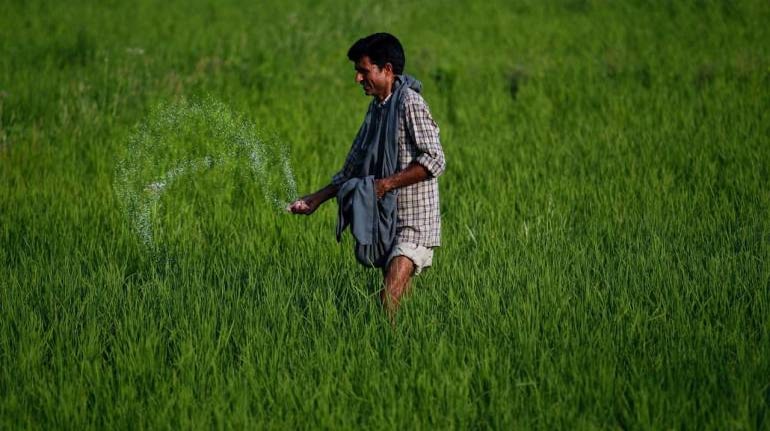
Fertiliser sales jumped 83 per cent in April-June to record 111.61 lakh tonnes despite the nationwide lockdown to curb the spread of coronavirus, the government said on Friday. "During April-June 2020, the POS (point of sale) sale of fertilisers to farmers was 111.61 lakh tonnes which is 82.81 per cent higher than the last year's sale of 61.05 lakh tonnes during the same period," an official statement said.
Urea sales increased by 67 per cent to 64.82 lakh tonnes while the demand for DAP jumped two-folds to 22.46 lakh tonnes during the period under review.
Sales of complex fertilisers more than doubled to 24.32 lakh tonnes.
"Despite lot of movement restrictions due to national level COVID-19 lockdown, with the concerted efforts of the Department of Fertilizers, Railways, state governments and ports, production and supply of fertilisers in the country is going on without hindrance," the statement said.
Union Minister of Chemicals and Fertilizers D V Sadananda Gowda has said, "We are closely monitoring the stock and availability of fertilisers to the farmers during Kharif season. State governments have been provided sufficient stock of the fertilisers.
Discover the latest business news, Sensex, and Nifty updates. Obtain Personal Finance insights, tax queries, and expert opinions on Moneycontrol or download the Moneycontrol App to stay updated!